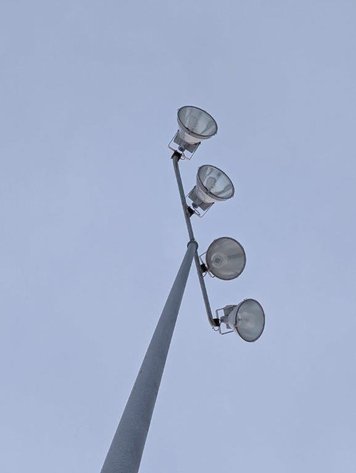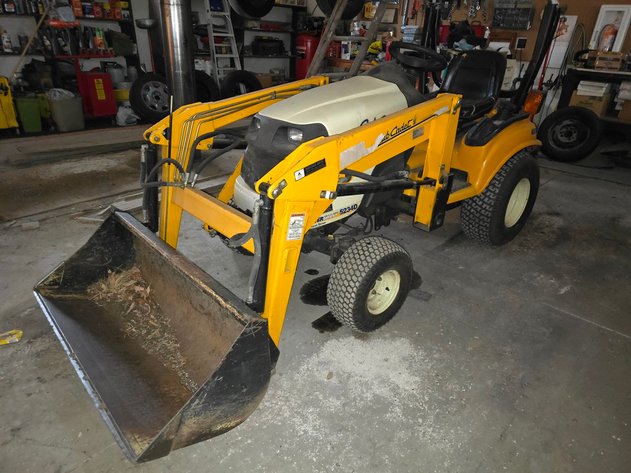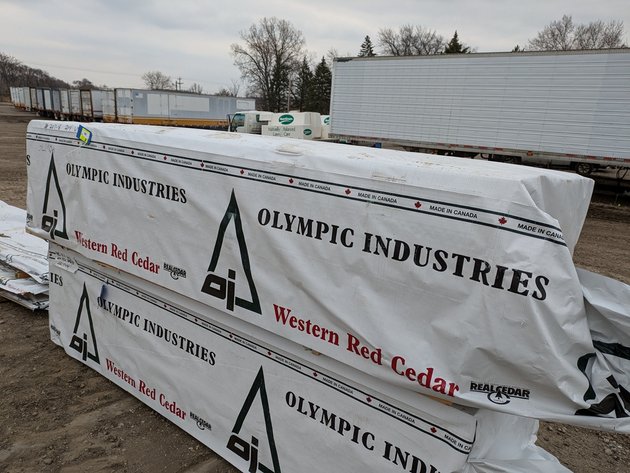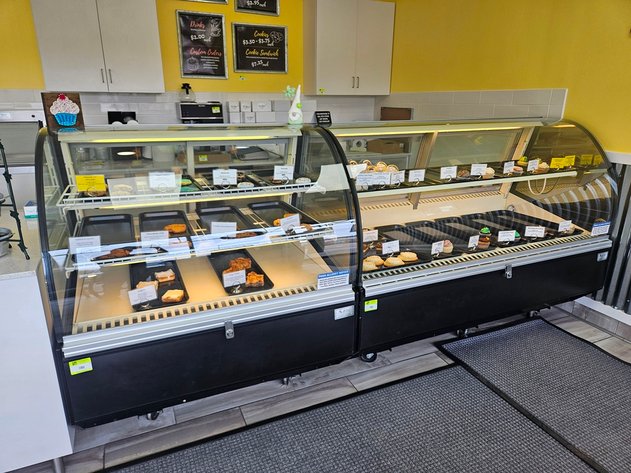Office Equipment | For Many Businesses Now May Be A Great Time To Liquidate

Workforce Questions & Opportunities
There is a question a lot of traditional business owners and corporate executives are now wrestling with. Bring workers back on-site? Or let workers, who are capable, continue operating remotely? How does the new work-life look for the average employee? Depending on the type of business, you may get a number of different answers.
The world has changed, and many work mentalities have changed with it. For some, the strict beliefs around the necessity for employees to be in an office during the work day has adjusted to accommodate flexibility.
But what kind of effect will this new work mentality have on company culture? And what about collaboration? How can companies recreate that sort of atmosphere with remote workers? An atmosphere traditionally believed to only happen when you got ‘everybody in the room’?
On another note, what opportunities can companies that adjusted their work patterns during the Pandemic look forward to capitalizing on as the economy moves forward?
A New Way To See Work-Life?
Companies that would have never considered remote work as an option are now seeing major benefits in productivity and employee morale when they implement remote and flexible on-site work schedules.
It is estimated that about a quarter of employees across the country are currently working in offices. In a recent survey conducted by the consulting firm PwC, nearly 60% of people said they would rather work remotely at least three days a week after the COVID passes.
This is in contradiction to what many bosses seem to envision, the same PwC survey asked employers what they believed and nearly 70% of them said employees should work from the office at least three days a week if not more.
In many cases, leading companies are finding ways to use remote work as a culture shift.
Salesforce is a well-known CRM software company in the tech industry. The San Francisco-based company has 61 office locations across 28 countries. They have stated that most employees would enjoy the option of coming into the office 1-3 days a week. The company is calling it “flex”.
The Traditional Work Structure Still Has Value
With this example being used, we must still circle back to the idea of the company and corporate culture. How can bosses, managers, executives, and owners continue to build company culture with empty offices? Isn’t a business’s culture built on ‘togetherness’ and ‘in-person collaboration’? Sure. Tech companies selling intellectual property and software services can implement flex schedules, but what about manufacturers, service providers, and production-based companies? They must have people on-site to fulfill work orders.
The truth of the matter is, for many companies the old way of doing business will remain. Corporate cultures and structures were built on in-person teams collaborating in an office space and this style of work is embedded in the very fabric of the company cultures.
This means many of the companies planning to bring all of their workforce back into buildings will likely be looking to add equipment. Certainly, these types of companies will also be exploring the idea of expanding into new buildings and acquiring more office space for their operations.
For a lot of companies paying rent on vacated offices, the idea of bringing people back into the space means a rise in productivity, increased company loyalty, and ongoing support for team development. This is also a good way to to uplift younger employees who are eager to climb the corporate ladder. These executives feel that bringing people back together promotes and enhances the vision of the company.
Executives who plan to continue embracing the traditional work model are looking at vacancies in high-traffic areas as a great opportunity for brand recognition and local word of mouth. Having a company office in the heart of downtown with a big sign out front has never been a bad idea, right?
Hurry Up And Wait
While many businesses continue to postpone bringing office employees back, there are certainly some great reasons for having an office in a post-Covid environment. As we mentioned above, employees have more efficient abilities to collaborate and build company culture. It is a bit of a waiting game, but there will still be plenty of business owners looking to expand their teams and their office space.
Also, E-commerce, online shops, drop shipping, and certain manufacturing companies saw massive growth during the pandemic. Many of them have taken that momentum and moved forward with expansions and acquisitions of new spaces. These companies will be looking for office and other business equipment for their new spaces. Because of the inherent volatility that the world’s supply chain is experiencing right now, many of these companies are planning ahead and building small product surpluses, moving from ‘on-demand’ to ‘on-hand’ inventory management.
The Opportunity
This return to work for the country gives hybrid businesses and companies that are moving to a primarily remote work environment the chance to capitalize on office and business equipment that would otherwise go unused. Instead of leasing storage space or continuing to pay rent for empty offices, a smart company can realize a profit and sell their equipment to other companies that are looking to expand into new offices.
Right now is a great time to sell business and office equipment. Many company executives who plan on bringing their workforce back into buildings are planning, exploring, and leasing new space right now. Soon there will likely be higher supply available to purchase as more hybrid, and now remote, business owners recognize the opportunity to make a profit by selling their equipment.
Time could be of the essence and you likely don’t have extra time to run your business and research the best way to sell your equipment in the meantime. As you probably know, finding your target audience, successfully selling to the audience, and then delivering the equipment is a major undertaking. Consider connecting with a team of professionals who can provide you with a white glove treatment for selling your equipment quickly at the highest value possible.
At Auction Masters, we’re dedicated to helping companies of all sizes sell their business equipment. Our signature process gives clients peace of mind, knowing their equipment is in great hands with an expert team who provides exceptional service.
Learn how the Auction Masters process works for our sellers:
- Call us at (763) 428-2271 or visit our website to connect with one of our specialists.
- Once we’ve identified your needs, we’ll set up a good time to walk through your space, valuing the assets and determining the scope of the project.
- We work with you to figure out what items should be sold and what items should stay.
- We will then establish a timeline for your sale.
- Our team catalogs, tags, and photographs all of the items to be sold.
- Auction Masters immediately identifies and markets to your most valuable buyers.
When it comes to selling business equipment, our focus is on client success. We place the seller’s best interest first with a tried and true system for selling and delivering on the best experience possible. Part of our winning process is helping clients understand and become comfortable with the selling process, giving them confidence that they will see the best returns.
Before you decide to tackle the massive job of liquidating your business equipment alone, give Auction Masters a call and see if we can be of service. Don’t settle for less than you deserve. Call Auction Masters today and let us make your sale a success!













